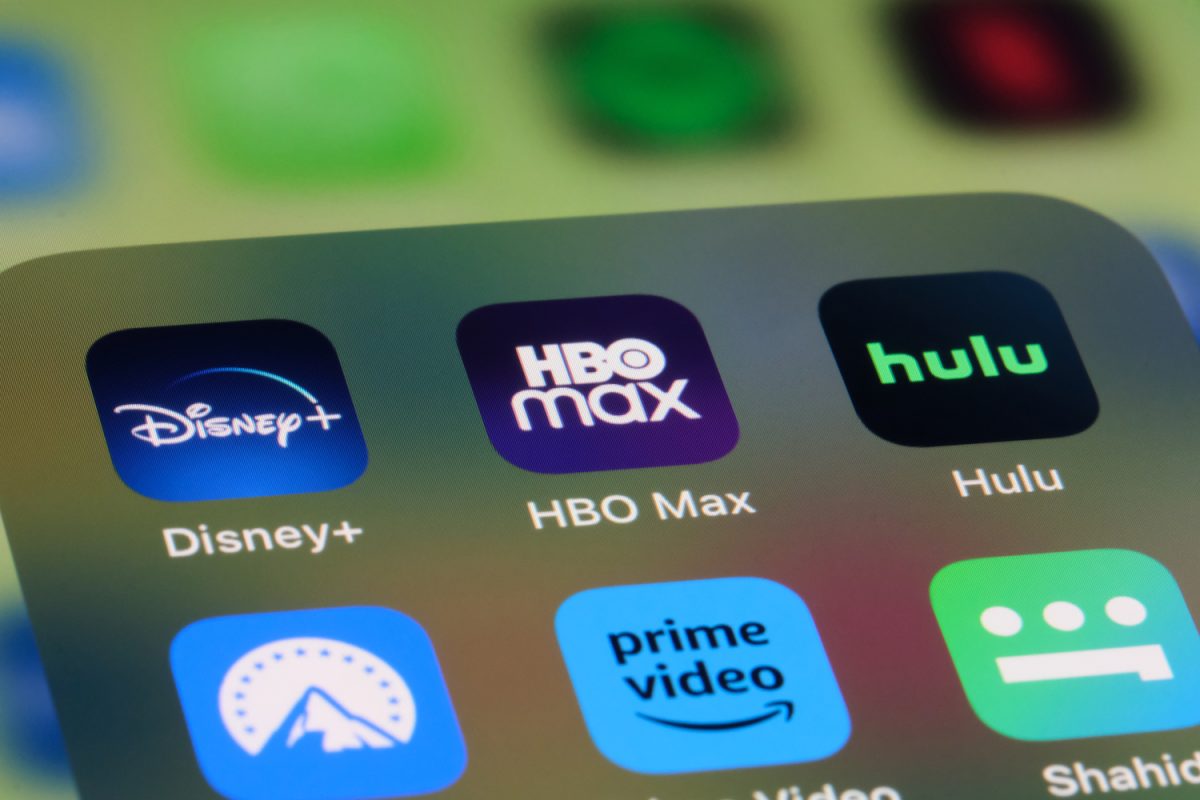HBO is well-regarded for consistently producing compelling TV shows, and “Industry” may end up going down in history as one of the studio’s best.
“Industry” follows a trio of young people as they navigate the complexities of London’s finance scene. From copious amounts of cocaine to regrettable sex and anxiety-inducing client meetings, “Industry” began as a relatively small-scale workplace character drama.
Beginning in 2020, the show has since grown in viewership and is now one of HBO’s flagship titles, airing unobstructed by any other programming this season. The network’s confidence in the show paid off as the third season became the most watched by a mile.
“Industry” is a perfect example of letting shows grow naturally. Rather than canceling it after one season — looking at you, Netflix — HBO gave the series room to grow. A major factor in this is that most of the talent behind the show was brand new to the business.
Showrunners Mickey Down and Konrad Kay worked in finance before launching “Industry,” and all three of the leads, Myha’la Herrold, Marisa Abela, and Harry Lawtey had little to no experience acting. The show has developed alongside its cast and is now firing on all cylinders to deliver one of the best seasons of TV I’ve seen.
At only eight episodes, I was stunned each week by how much story the showrunners were able to wring out of 50-minute episodes. A good TV show develops drastically between seasons, with status quo changes that feel impactful and lead you to question how characters will possibly react. “Industry” does this twice an episode in season three.
The scope has ballooned from the walls of the stockv trading floor to the pristine galas of the British parliament and beyond. “Industry” is a show about its characters first and foremost, so it makes sense that as the characters grow and their careers change, the show would grow with them.
One of the most remarkable plotlines in season three follows Eric, played by Ken Leung. Eric was an authority figure when he was introduced in season one. He’s often shown swinging a baseball bat on the trade floor and mentoring the main characters, but in season three he becomes one of the kids.
RELATED: The oversaturation of podcasts and rise of viral shows like “Talk Tuah”
Despite its setting, I like to refer to “Industry” as a coming-of-age story since it follows young people finding their place in the world, which is the core of the story. Even though Eric is in his fifties, he goes through the same trials and tribulations of identity and purpose that the kids go through, and it’s riveting to watch.
In my favorite plotline, audiences find Robert Spearing, played by Lawtey, alongside Henry Muck, played by Kit Harrington, a narcissistic Silicon Valley-type CEO in charge of a renewable energy company. Rob is set up by Pierpoint, the bank all the characters work for, to handle the launch of Muck’s company as a publicly traded stock. However, Pierpoint knows the company will fail and is using Rob as a scapegoat for when the catastrophic launch inevitably leads to the bank begging for a cash injection from the British government.
Rob goes through a lot this season, but his incredible turn of luck in the final few episodes is incredibly cathartic and sets up a fascinating arc for season four. In fact, every piece of setup for the next season is handled remarkably well.
The finale of season three feels conclusive, as if the show could’ve ended then and there. Without spoiling anything, this has always felt like the show’s vibe — writing themselves into a corner only to come back stronger the following season.
“Industry” has always been a show about class and the corruption of wealth, but season three steers into crime and politics with ease. The show seems to be heading into more life-and-death situations, with several of the more crime-thriller plotlines coming to a head in the final moments.
Whatever season four has in store, I will be on the edge of my seat waiting to return to the cocaine-fueled chaos of “Industry.”



